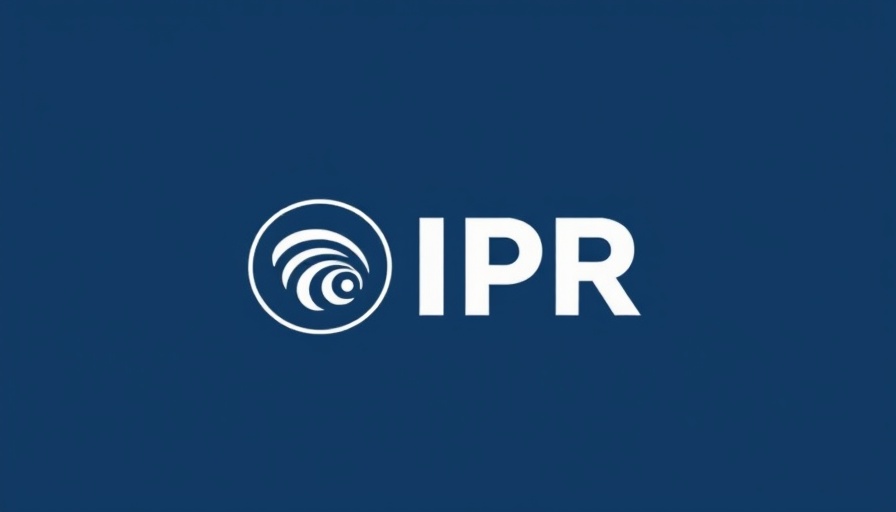
How Vaccine Skepticism Affects Public Health
The COVID-19 pandemic has undeniably reshaped our societal landscape, especially when it comes to vaccines. As we reflect upon the past five years, one of the critical concerns emerging from this period has been the polarization surrounding vaccine acceptance. While many expected the pandemic to unite Americans much like the 9/11 attacks unified the nation, what transpired was a distinct societal divide.
Polarization and Its Ripple Effects
The moment that led to this division can be traced back to initial reactions from public figures, particularly during a national crisis. Statements made by then-President Donald Trump, projecting the virus as manageable and suggesting an early return to normalcy, juxtaposed sharply against the advice of public health officials. According to Matt Motta, a researcher at Boston University's School of Public Health, these assertions initiated a split in public opinion about the seriousness of the COVID-19 threat, fostering skepticism among many Americans toward vaccination.
Long-lasting Consequences of Misinformation
As skepticism towards the COVID-19 vaccines grew, it contributed to a more extensive decline in trust for vaccines in general. A KFF study revealed that around one in four Republican parents are now delaying or skipping routine childhood vaccinations, which can have serious repercussions for community health. This trend points to a worrying shift where polarization could undermine decades of progress in public health initiatives aimed at achieving widespread immunization against preventable diseases.
Insights from Recent Studies on Health and Wellness
Recent studies highlight that misinformation and vaccine skepticism are not merely isolated incidents; they reflect broader trends in health awareness and public acceptance. Understanding the social dynamics at play can provide actionable insights for health officials and community leaders aiming to address vaccine hesitancy. Strengthening community trust through transparency and education could very well be key.
The Role of Community Health Initiatives
Engaging local communities in education and outreach can significantly alter perspectives on vaccination. Workshops, dialogue sessions, and testimonials from trusted health professionals can bridge the gap between skepticism and acceptance. Community-driven health initiatives are proving essential in changing the narrative around essential vaccines and could empower individuals with the knowledge needed to make informed decisions.
Preparing for Future Pandemics: Lessons Learned
As we gear up for any potential future public health crises, learning from COVID-19’s fallout is vital. The need for an adaptable health communication strategy has never been more evident. Outreach should not only aim to correct misinformation but also to build long-term relationships based on trust. Enhanced collaboration between health authorities and communities could nurture an informed populace ready to combat future health threats.
Actionable Insights Moving Forward
Practicing proactive measures today by fostering open dialogue about vaccines can mitigate the impact of skepticism tomorrow. Parents are encouraged to consult reliable sources and connect with their health care providers to ensure that their children are vaccinated on time. Communities should welcome discussions around holistic wellness practices, integrating mental health support with physical health initiatives.
Why We Must Stay Informed
In a world where misinformation can spread easily, the responsibility to stay informed lies with each individual. Understanding the context of vaccine development, the real risks associated with diseases, and the benefits of being vaccinated is essential. As advocates of public health, we can actively contribute to a healthier society by promoting scientific literacy and empathy.
As we reflect on the past and prepare for the future, let’s work together to ensure that the mistakes of the past do not plague our future. Embracing informed health decisions today fosters a brighter, healthier tomorrow.
 Add Row
Add Row  Add
Add 




Write A Comment